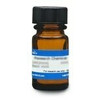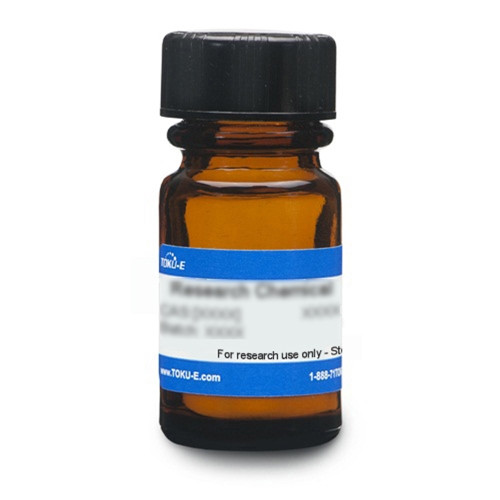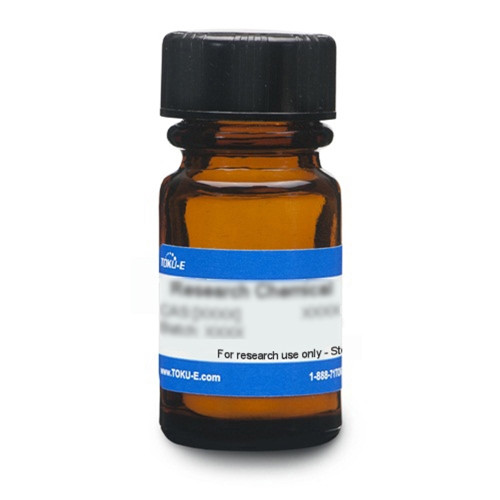Bedaquiline Fumarate (TMC-207) is a synthetic diarylquinoline made from equimolar amounts of Bedaquiline and Fumaric Acid. It acts as a proton-translocating ATP synthetase inhibitor. As an antimycobacterial and antitubercular agen, it inhibits the growth of Mycobacterium tuberculosis, the causal agent of tuberculosis. It was first described in 2004 by Janssen Phamaceuticals and is manufactured by Johnson &Johnson, and approved by the FDA in 2012, the first antitubercular agent in over 40 years.
| Mechanism of Action | Bedaquiline Fumarate has a unique mechanism of action as a proton-translocating mycobacterial ATP synthase inhibitor. It can bind to the oligomeric/proteolipid subunit c of the ATP synthase complex and prevent its function. The inhibitory effect of Bedaquiline on ATP synthase is specific for mycobacteria, as the ATP synthase complex in humans has 20,000 fold lower sensitivity to Bedaquiline compared with M. tuerculosis. |
| Spectrum | Bedaquiline is a narrow-spectrum antibiotic whose activity is limited to mycobacteria. It has excellent in vitro activity against Mycobacterium tuberculosis, including multidrug-resistant M. tuberculosis. It also has activity against the majority of the nontuberculous mybacteria (NTM). |
| Microbiology Applications | Bedaquiline has significant MICs against Mycobacterium tuberculosis. Bedaquiline inhibits the growth of totally drug resistant (TDR) Mycobacterium tuberculosis strains with MICs ranging from 0.15 to 0.5 mg/L. It also has activity against extensively drug-resistant TB (XDR-TB). |
| Molecular Formula | C55H84N17O21S3 (Bleomycin A2); C55H84N20O21S2 (Bleomycin B2) |
| References |
Jang JC, Jung YG, Choi J, Jung H, Ryoo S (2017) Bedaquiline susceptibility test for totally drug-resistant tuberculosis Mycobacterium tuberculosis. J. Microbiol. 55(6):483-487 PMID 28429168 Khoshnood S (2021) Bedaquiline: Current status and future perspectives. J. Global Antimicrob. Resis. 25:48-59 PMID 33684606 Nath S (2018) Interpretation of hte mechanism of action of antituberculosis drug Bedaquiline based on a novel two-ion theory of energy coupling in ATP synthesis. Bioeng. Translational Med. 4(1):164-170 |





